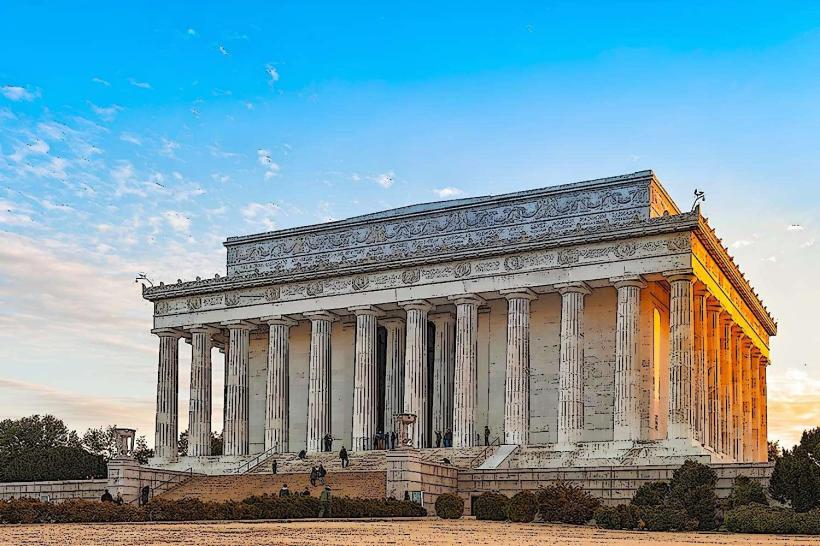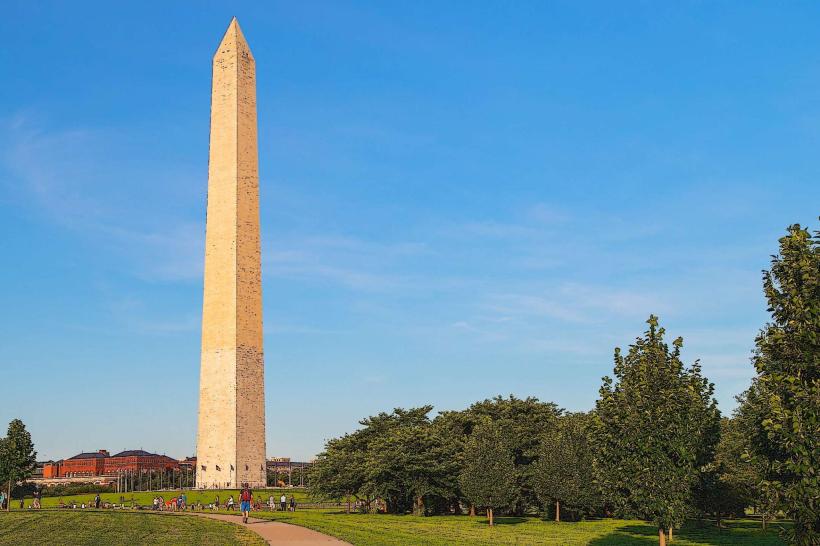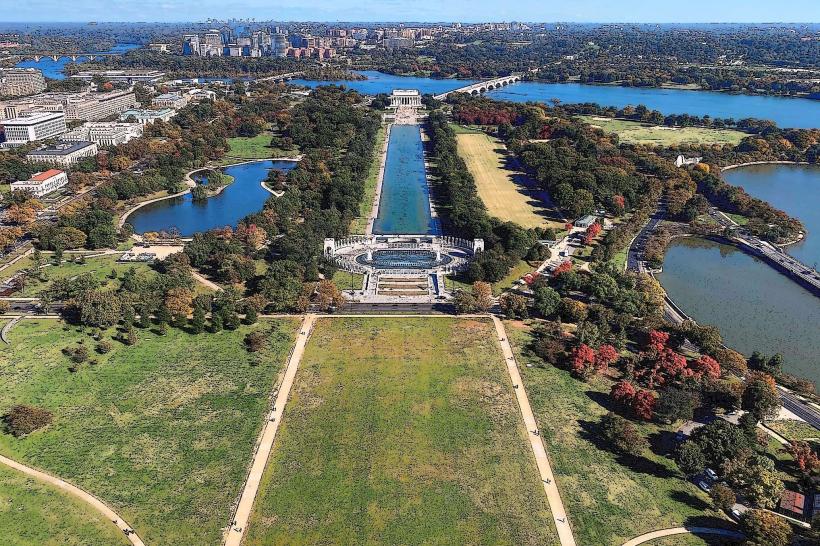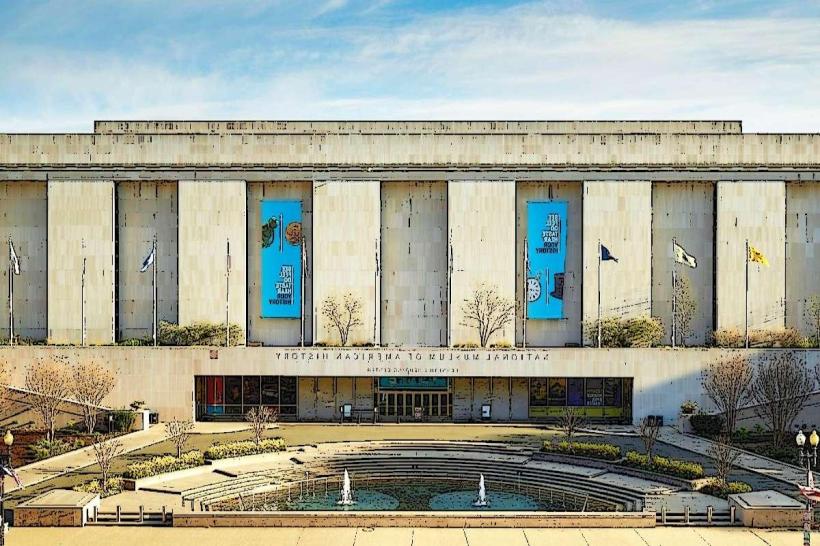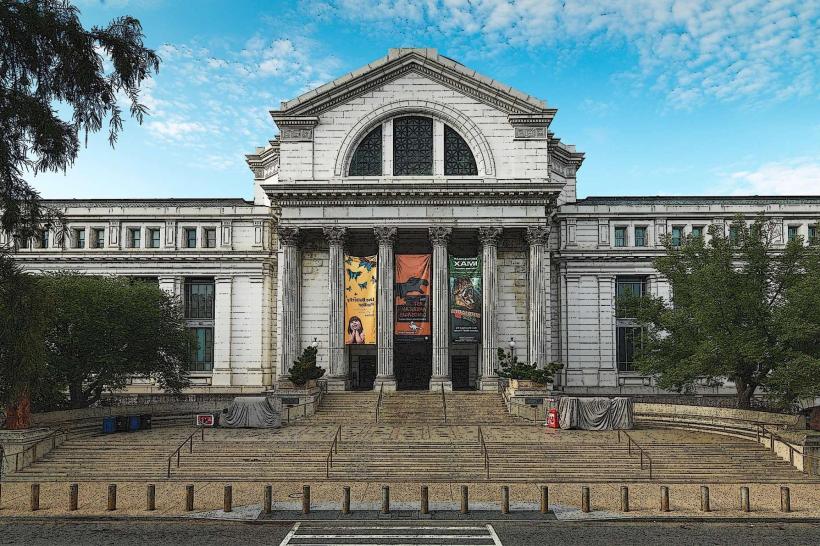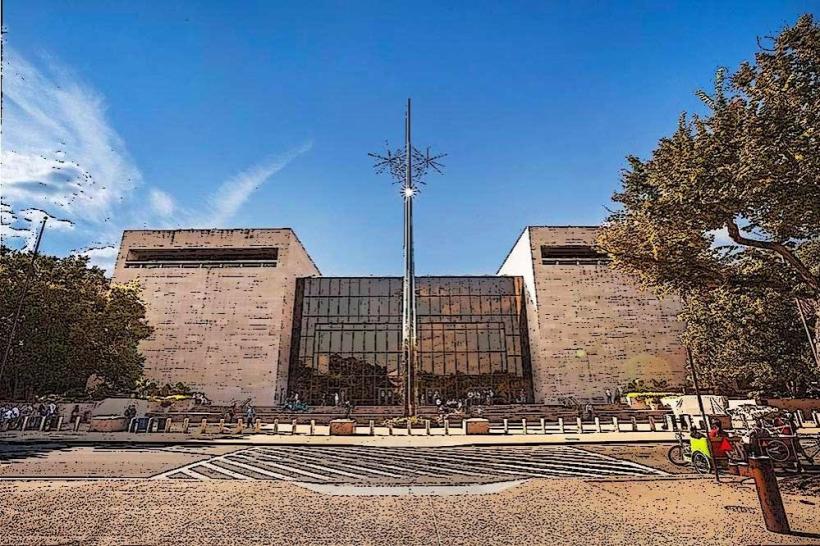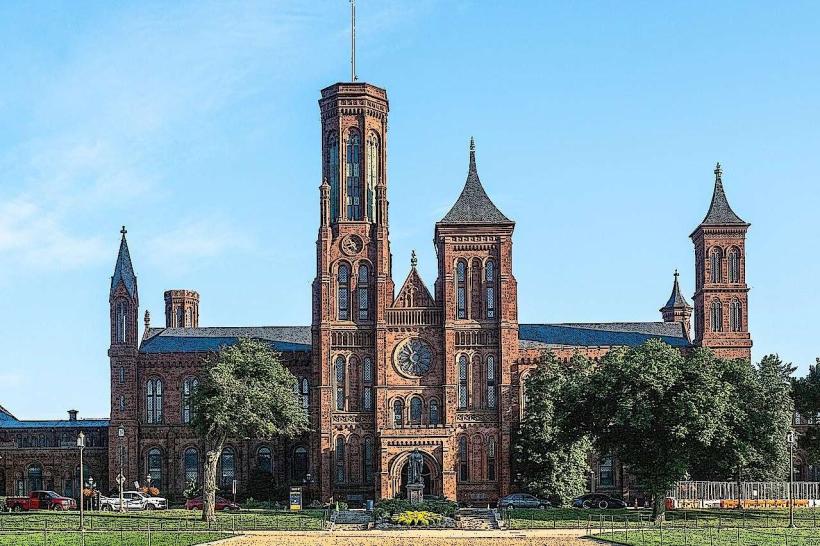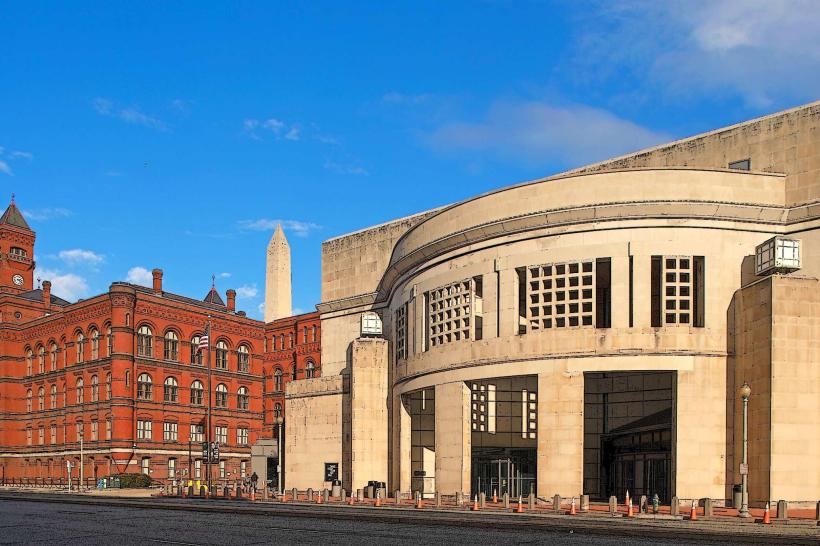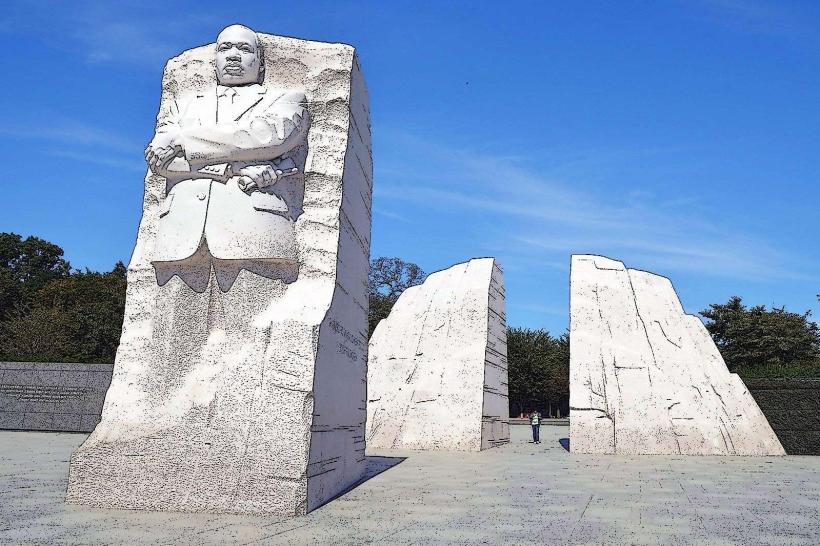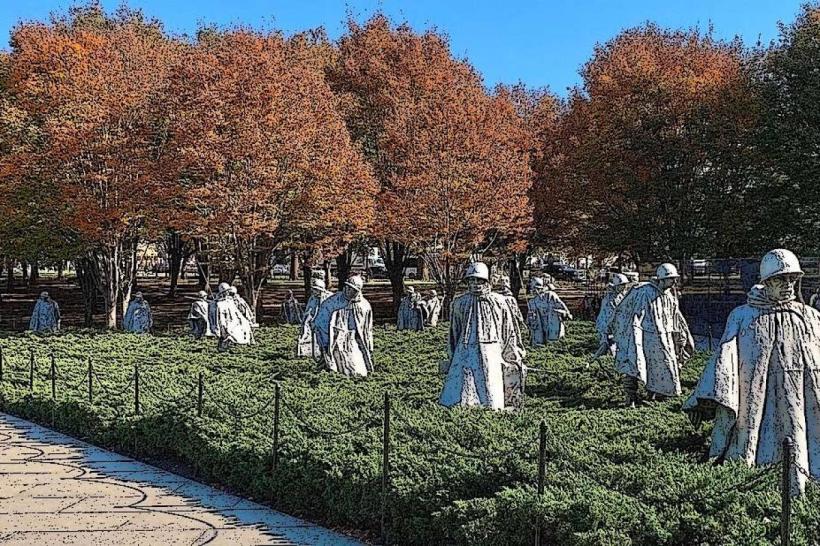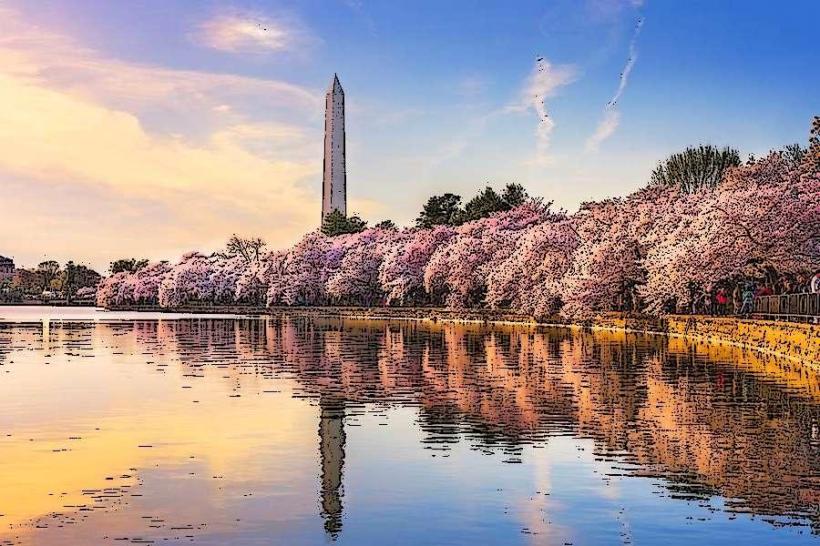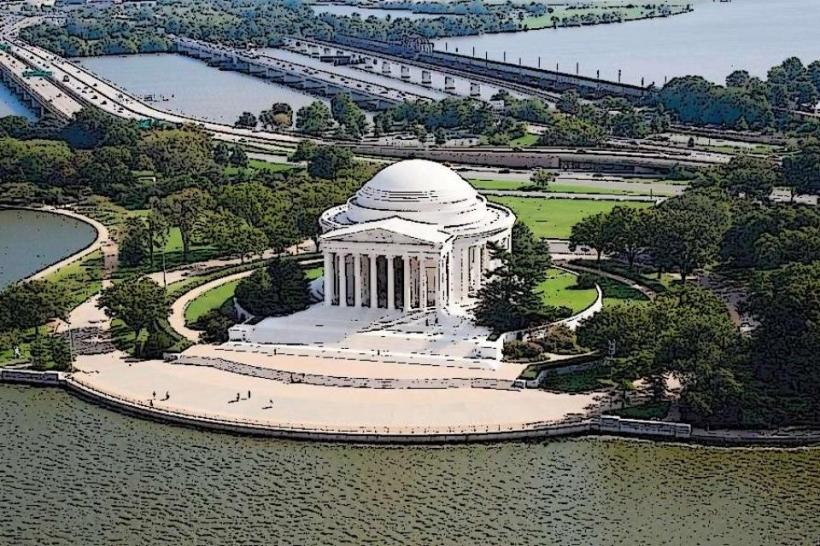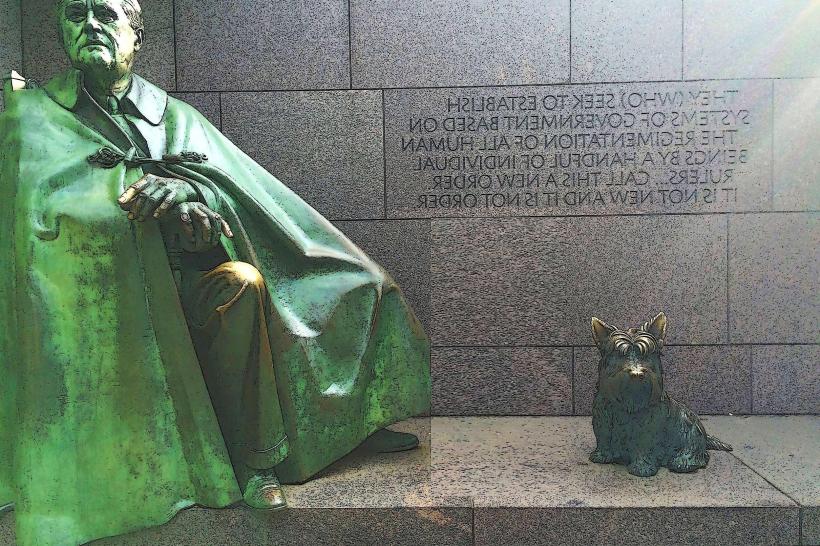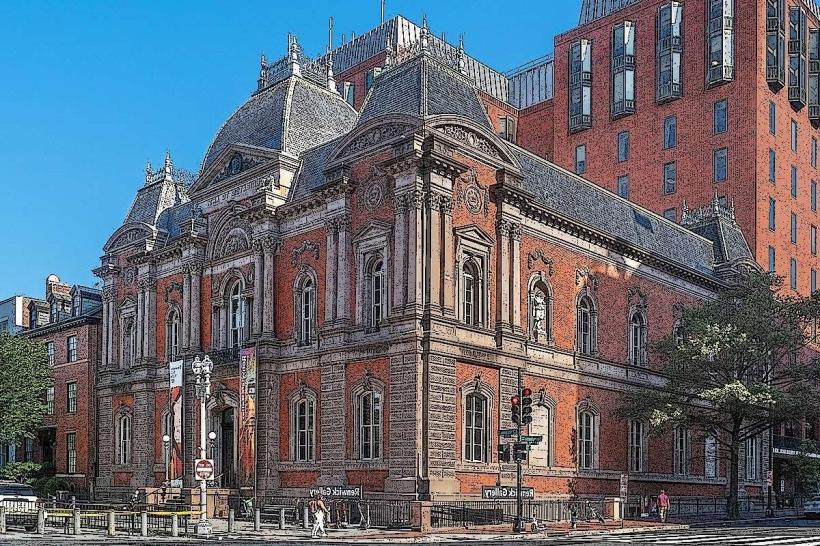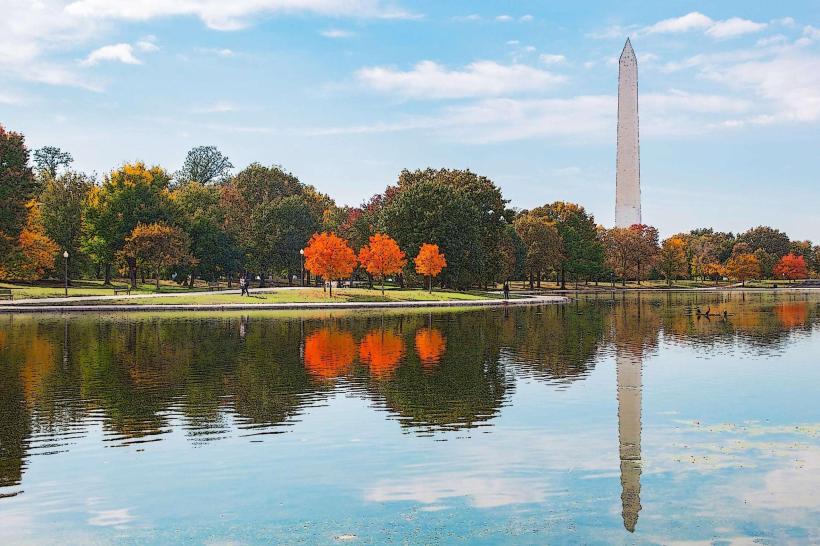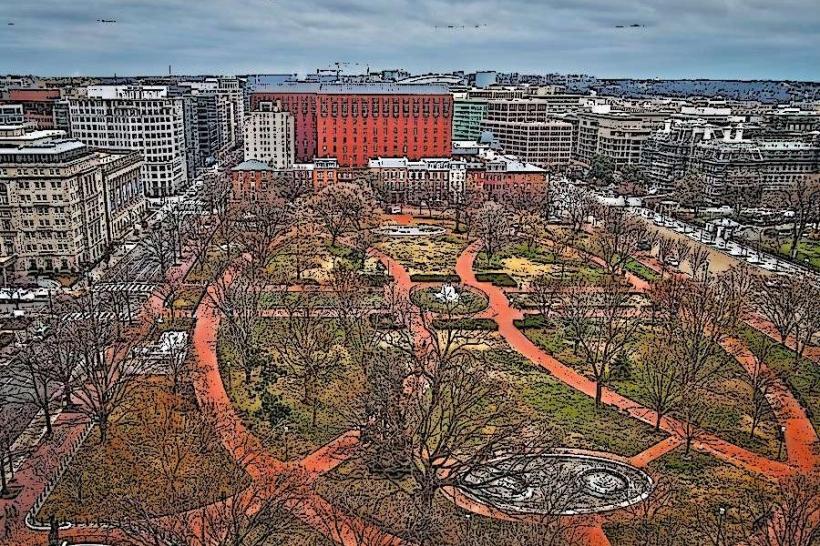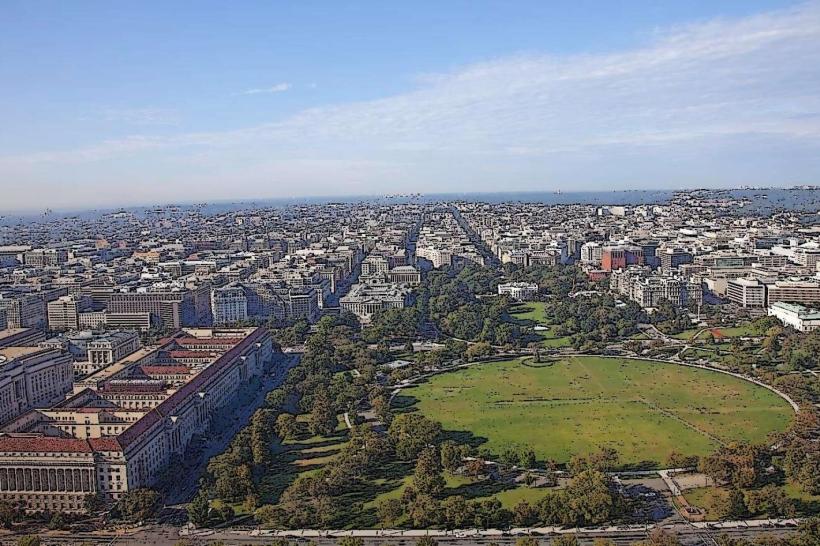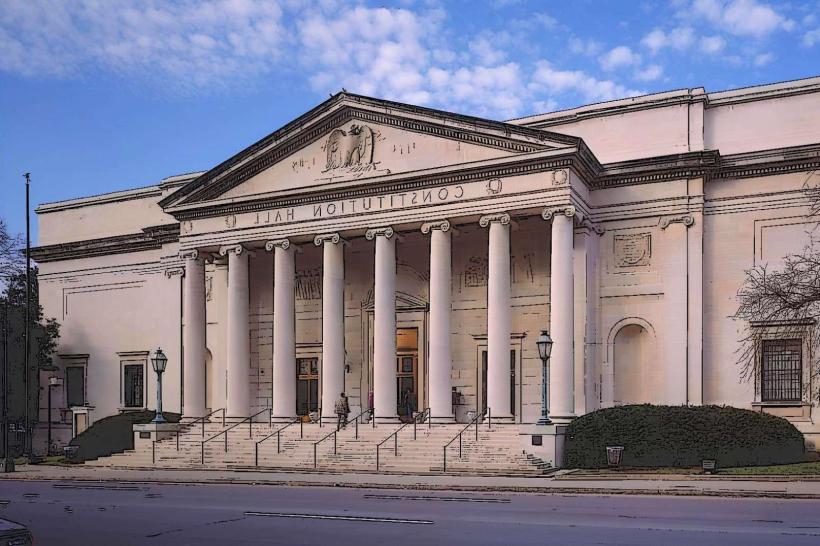Information
Landmark: C&O Canal National Historical ParkCity: Northwest Washington
Country: USA Washington DC
Continent: North America
C&O Canal National Historical Park, Northwest Washington, USA Washington DC, North America
Overview
In Georgetown, the C&O Canal National Historical Park pulls you into the story of one of America’s earliest and most critical transportation routes, where weathered stone locks meet quiet water under the shade of aged sycamores, while in the heart of Washington, D. C.’s historic Georgetown, this stretch of the Chesapeake & Ohio Canal keeps alive its mix of industrial history, green restoration, and spots for weekend walks beside the unhurried, glinting Potomac, consequently between 1828 and 1850, the Chesapeake & Ohio Canal took shape, built to move coal, lumber, and farm goods from Maryland and Virginia’s western hills down to the busy port of Georgetown, and from there on to Washington, D, sort of C, not only that and farther destinations.The canal ran for about 184 and a half miles, from the bustle of Georgetown, D, moreover c, to the quiet hills of Cumberland, Maryland, driving 19th-century economic growth until the railroads took over and left it behind.Georgetown marks the canal’s eastern end, once a lively gateway where boats tied up and crews hauled sacks of grain and crates of goods into the heart of local trade, and here you’ll find original canal features-locks, historic lock houses, and weathered stone walls-still standing after years of careful preservation.Locks and their petite stone houses were vital to the canal, controlling water levels so boats could pass smoothly from one elevation to the next, in addition you’ll find Locks 1, 2, and 5 tucked into the Georgetown stretch, where the towpath runs beside brick warehouses.Visitors can still observe these locks-one of the last bits of original hydraulic machinery, their metal edges worn smooth by decades of use, in conjunction with lately, crews have poured their energy into restoring Lock 2, swapping out its worn wooden gates and shoring up its frame, so the classical stonework stands strong for years to come.Inlet Lock 1 draws water straight from the Potomac, feeding the canal and keeping its current steady, even on a scorching summer afternoon, on top of that it’s a vital part of keeping the canal running, and crews have poured months into restoring it, shoring up historic stonework to guard against floods and decay.Potomac Aqueduct Remnants: You can’t wander up to them anymore, but from the towpath you can still spot the weathered stone arches of the timeworn aqueduct, meanwhile long ago, this span lifted canal boats high above the Potomac, connecting Georgetown with the Alexandria Canal and helping trade flow through the region.If I’m being honest, The historic towpath runs alongside the canal, once used by mules straining against their harnesses to pull boats upstream, simultaneously today, it’s a quiet, level path where you can stroll, jog, cycle, or ride a horse past tall grass swaying in the breeze.From the towpath, you can watch the canal glint in the sun, the river stretching wide, and Georgetown’s skyline rising beyond, a quiet mix of city and calm, then from spring to fall, you can step aboard a restored replica canal boat in Georgetown and enjoy a guided tour along the quiet, tree-lined canal.For an hour, you’ll hear vivid stories about the canal’s history, watch its intricate gears at work, and get a glimpse of daily life back when its banks bustled with trade, on top of that the boats slip silently down the historic canal, letting you feel the worn wood and history beneath your fingertips.Hike the Georgetown towpath and you’ll slip right onto longer routes like the Capital Crescent Trail or the Billy Goat Trail, where Rock Creek Park’s shaded paths crunch underfoot, after that the towpath stays level and easy to hike, with signs that share bits of the canal’s past, but the Billy Goat Trail twists through rough ground that’s better suited to seasoned hikers.On select weekends, park rangers lead free walking tours that kick off at the Georgetown Visitor Center, where the scent of fresh pine lingers in the morning air, on top of that these tours explore the canal’s ingenious design, its impact on local trade, and the lives of the men and women who once hauled cargo past brick warehouses and echoing water locks, maybe In Georgetown, the C&O Canal winds through the city as a vital green corridor, sheltering native plants, songbirds, and fish that ripple beneath its shaded waters, and the canal’s water system is back in working order, helping restore habitat, while the towpath and its grassy edges offer much-needed open space for both wildlife and people out enjoying the day.It seems, Along the towpath, rain gardens and native plantings help capture stormwater, keeping oily runoff and other pollutants from washing into the Potomac River, furthermore set beside the river, the park shelters migratory birds and gives visitors a great chance to spot them flitting between willow branches.You’ll find the Georgetown Visitor Center at 1057 Thomas Jefferson Street NW, where friendly staff hand out maps, share exhibits, offer educational materials, and fill you in on the latest restoration projects and programs, in conjunction with this is where you book boat tours and sign up for ranger-led trips-the desk with the tide chart pinned to the wall.To be honest, Accessibility: The towpath welcomes people with disabilities, with smooth pavement or firm, well-kept gravel underfoot-easy going for wheelchairs and strollers alike, consequently the Visitor Center and boat tours provide accommodations so everyone can take part, whether it’s a ramp to the dock or extra seating inside.Right next to the canal, Georgetown’s historic district brims with cafés, boutiques, and museums, so it’s easy to wander its cobblestone streets and end up at a waterfront restaurant with the scent of fresh bread drifting from the kitchen, subsequently the National Park Service has poured millions into safeguarding the Georgetown stretch of the C&O Canal, repairing worn stone walls, replacing weathered lock gates, reinforcing structures, and boosting the canal’s ability to withstand floods.These efforts protect the canal’s stone walls and sturdy locks, and they make sure future generations can trek its banks and feel the history beneath their feet, in turn restoration work is underway, handled with care to keep the canal’s character intact while ensuring visitors can still stroll along its quiet, moss-lined banks, in some ways Signs along the towpath share the story and significance of these conservation efforts, from protecting wetlands to restoring native plants swaying in the breeze, meanwhile in Georgetown, the C&O Canal National Historical Park brings history, nature, and city life together, where stone towpaths meet the quiet ripple of water.Visitors get a rare glimpse of 19th‑century transportation and trade, framed by the Potomac’s languid, silvery currents and the timeless brick facades of Georgetown, meanwhile you can stroll or cycle along the towpath, pause at exhibits or listen to a guide’s stories, then drift across the water in a quiet boat, all while discovering how the canal’s legacy still shapes the region’s life and history.The park brings preservation, education, and a sense of wonder together, like hearing birdsong drift through ancient trees.
Author: Tourist Landmarks
Date: 2025-10-05

